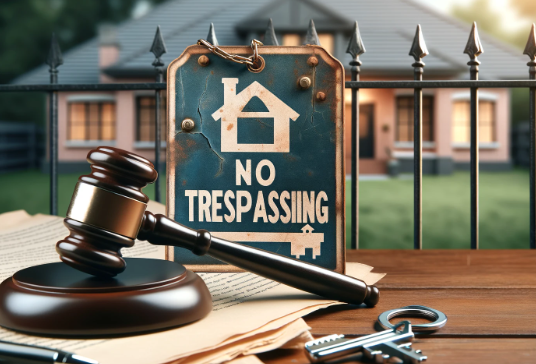Negotiating Terms and Conditions in Your North Carolina Residential Lease Agreement
A household lease contract contract in North Carolina functions as a legally binding contract between a property owner as well as a renter, governing the terms and conditions of leasing a home. Here are some key points to consider when stepping into a north carolina lease agreement:
1. Lease Duration:
The rent deal must establish the time period of the tenancy, whether or not it’s a month-to-four weeks lease contract or possibly a resolved-expression lease contract.
For resolved-word leases, the agreement ought to plainly state the beginning and conclusion days of the lease contract.
2. Hire Payment Terminology:
The lease contract contract must outline the level of rent because of, the due day, as well as the suitable forms of settlement.
It will also indicate any fees and penalties for late rent repayments as well as the elegance time, if any.
3. Safety Put in:
North Carolina landlords can demand a security put in from renters, usually equivalent to one to two months’ lease.
The lease deal ought to detail the circumstances under which the protection put in might be withheld, including for damages beyond regular damage.
4. Property Upkeep:
Property owners are responsible for preserving the rental home in a habitable issue, which include making sure important resources will be in functioning get.
Tenants are generally responsible for small improvements and keeping the home clean and hygienic.
5. Subleasing and Task:
The hire deal should establish no matter if subleasing or determining the rent to another party is made it possible for and under what conditions.
6. Termination Clause:
The hire agreement ought to include conditions for terminating the rent, which include notice intervals necessary for the two of you.
It ought to summarize the effects of very early termination, for example charges or forfeiture from the security downpayment.
7. Landlord Gain access to:
The hire agreement ought to indicate the landlord’s ability to gain access to the leasing residence for assessments, improvements, or any other factors.
It should also determine the notice time essential just before the property owner can enter in the home.
8. Legitimate Compliance:
The hire deal must adhere to all appropriate state and federal regulations regulating property owner-tenant interactions.
It should not consist of any conditions that violate tenants’ privileges safeguarded by law.
To sum it up, a nicely-drafted non commercial hire agreement in N . C . ought to street address these vital factors to shield the interests of both property owners and renters. It’s recommended for both events to examine the rent meticulously and seek legal advice if required before you sign.
